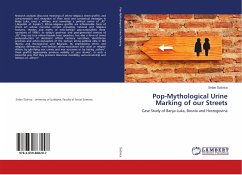
Pop-Mythological Urine Marking of our Streets
Case Study of Banja Luka, Bosnia and Herzegovina
Versandkostenfrei!
Versandfertig in 6-10 Tagen
41,99 €
inkl. MwSt.

PAYBACK Punkte
21 °P sammeln!
Research analyzes discursive meanings of ethno-religious street graffiti, and consummation and reception of their texts and contextual messages in Banja Luka, once a military, and nowadays a political center of "RS" ("Republic of Srpska"). Ethno-religious graffiti are inflammable form of street art whose narrative contain prevailing national and religious features, themes and myths of new-Serbian pop-nationalistic meta-narratives of 1990's. In today's post-war and post-genocidal context of "RS" they are true ethno-fascistic hate speeches, but also a form of street postproduction of dominant of...
Research analyzes discursive meanings of ethno-religious street graffiti, and consummation and reception of their texts and contextual messages in Banja Luka, once a military, and nowadays a political center of "RS" ("Republic of Srpska"). Ethno-religious graffiti are inflammable form of street art whose narrative contain prevailing national and religious features, themes and myths of new-Serbian pop-nationalistic meta-narratives of 1990's. In today's post-war and post-genocidal context of "RS" they are true ethno-fascistic hate speeches, but also a form of street postproduction of dominant official memory narratives, identitarian practices and ethno-exclusivism of the Serbian ethno-political elite in BiH (Bosnia and Herzegovina) and Belgrade. By emphasizing ethnic and religious differences, new-Serbian ethno-exclusivism and racial or religion elitism, by glorifying war crimes and war successes or by hating "others", these graffiti aggressively produce visibility of "our stories", in such a powerful way that they produce discursive invisibility, auto-censorship and oblivion of "others".



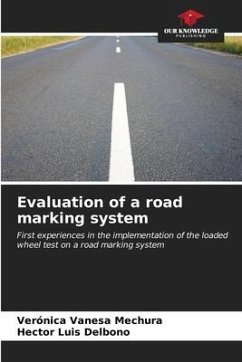


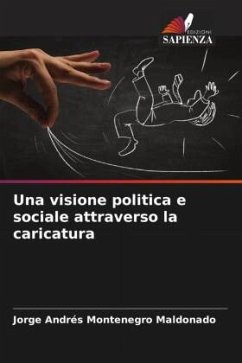
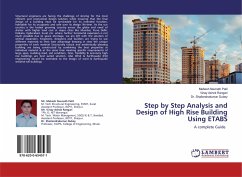
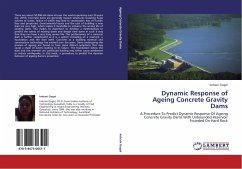
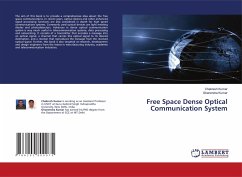

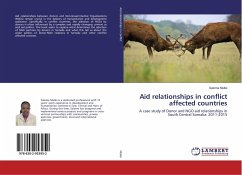
![Physics Practical Book [VOL-I] [C.B.C.S] Cover Physics Practical Book [VOL-I] [C.B.C.S]](https://bilder.buecher.de/produkte/60/60492/60492377n.jpg)